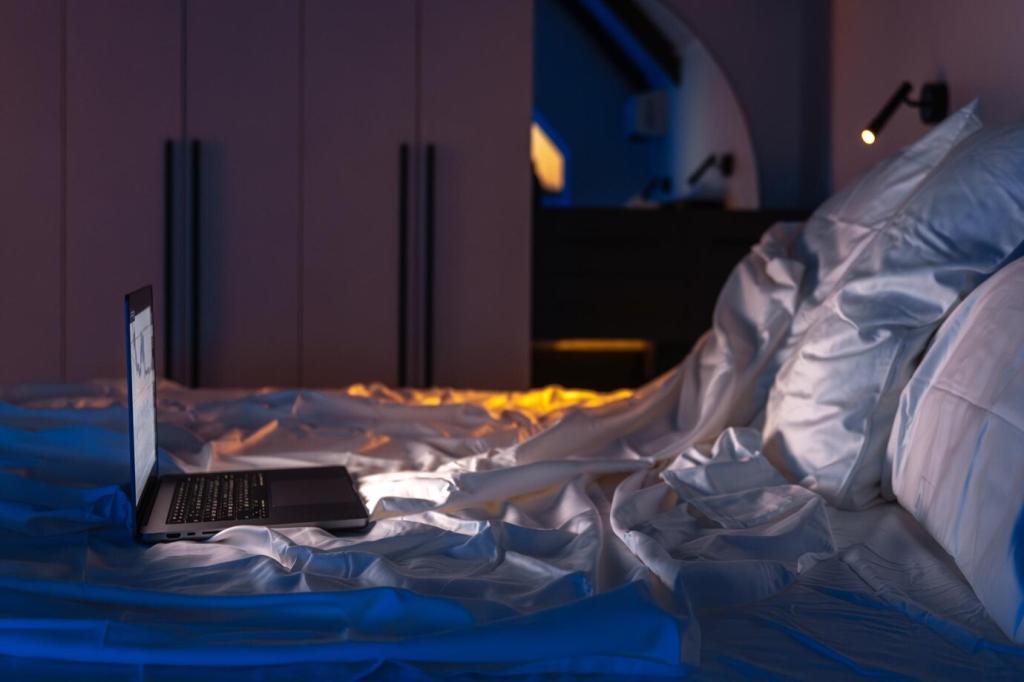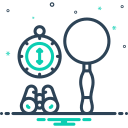
The Role of Sleep in Cognitive Function and Memory
Chosen theme: The Role of Sleep in Cognitive Function and Memory. Step into a friendly space where science meets everyday life, and discover how better nights unlock sharper focus, steadier moods, and memories that actually stick. Subscribe and share your experiences so we can learn together.
Why Sleep Is Your Brain’s Silent Powerhouse
While you sleep, your brain’s glymphatic system clears metabolic waste, including beta-amyloid, helping protect attention and clarity the next day. This gentle cleanup reduces neural noise, so you wake with cleaner circuits and the mental energy to learn efficiently.
During deep sleep, synaptic downscaling balances connections strengthened by daytime learning. By pruning excess, the brain preserves meaningful signals while lowering background chatter. You begin tomorrow with sharper signal-to-noise, making attention steadier and new memories easier to encode.
I once crammed late for a presentation and slept four hours. The next morning, simple questions felt slippery, and names vanished mid-sentence. After prioritizing sleep that week, the same material clicked effortlessly, reminding me that rest, not more effort, unlocked recall.

Stages of Sleep, Stages of Memory
Slow-wave sleep, the deepest NREM stage, supports the dialogue between hippocampus and cortex. This replay stabilizes facts, vocabulary, and spatial details, turning short-term impressions into long-term storage. Students and professionals alike benefit when study evenings end with sufficient deep sleep.


The 20–30 Minute Reset
A brief nap restores vigilance, reaction time, and working memory. Keep it under thirty minutes to avoid sleep inertia, that heavy grogginess after waking. Pair a short nap with focused study afterward, and you will often notice crisper recall and easier concentration.

The 90-Minute Consolidation Window
A full sleep cycle nap, about ninety minutes, can touch both NREM and REM, supporting memory stabilization and creative recombination. Use this sparingly and earlier in the afternoon. It is especially helpful after intense learning, like language drills or technical problem sets.

Make Naps Work for Real Life
Set an alarm, find a quiet corner, and use an eye mask to drop quickly. If naps are difficult at work, try a ten-minute mindfulness break to mimic some benefits. Share your nap strategies in the comments, and tell us how your recall changed.
After a short night, the brain struggles to sustain focus, and brief microsleeps can sneak in. These milliseconds of offline time fragment information streams, causing missed details and reading replays. Tasks that felt easy yesterday suddenly require double the effort and time.
When Sleep Is Scarce: Cognitive Tolls You Feel
Sleep deprivation reduces prefrontal control and inflates reward sensitivity. You become more impulsive, underestimate risks, and overvalue quick wins. From budgeting mistakes to hasty emails, tired choices ripple outward, quietly eroding productivity and complicating relationships and team projects.
When Sleep Is Scarce: Cognitive Tolls You Feel
Designing Evenings for Memory-Rich Sleep
Light, Temperature, and Timing
Dim lights an hour before bed, avoid bright screens near your face, and keep the room cool. A consistent bedtime helps your circadian rhythm anticipate sleep. These simple cues guide the brain toward deep, memory-supportive stages without complicated routines or gadgets.
Caffeine, Alcohol, and Exercise Windows
Stop caffeine six to eight hours before bed, and beware of alcohol’s rebound awakenings that shatter REM. Exercise earlier in the day or late afternoon to improve sleep depth. Small timing choices compound into steadier concentration and more reliable next-day recall.
A Wind-Down Ritual You Can Keep
Try a fifteen-minute wind-down: stretch, journal three wins, then list tomorrow’s top task. That tiny ritual unloads worry and primes memory systems to organize. If you adopt it this week, comment later with results, and invite a friend to experiment too.


Track, Reflect, and Share What Works
Use sleep trackers as guides, not judges. Focus on trends like consistent bedtimes and how refreshed you feel, rather than chasing perfect scores. Adjust one variable at a time and note changes in study efficiency, meeting performance, and memory confidence.
Track, Reflect, and Share What Works
Keep a short dream or ideas journal by your bed. Morning notes often reveal emotional themes or surprising connections that spark insight. Over weeks, patterns emerge, enriching creative problem solving and helping you revisit knowledge with fresh, integrative angles.
